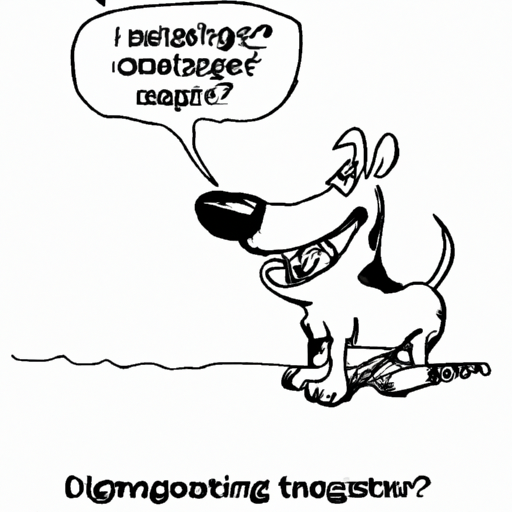If you’re a dog owner, you’ve probably noticed your furry friend chattering their teeth from time to time. This behavior can be quite puzzling, and you might be wondering what it means. In this guide, we’ll explore the common reasons for dog teeth chattering and answer some frequently asked questions on the topic.
1. Understanding Dog Teeth Chattering
As a caregiver, you want to ensure your dog is in the best possible health. Teeth chattering in dogs can be a sign of various conditions, so it’s essential to understand the possible causes.
-
Excitement or Anticipation: Dogs have a heightened sense of smell. When they encounter a new scent that excites them, they might chatter their teeth as a way of processing the information. This is often followed by a licking movement, almost as if they’re “tasting” the air.
-
Cold: Just like humans, dogs can chatter their teeth when they’re cold. This is a natural response to low temperatures.
-
Stress or Anxiety: Teeth chattering can also be a sign that your dog is feeling stressed or anxious. It’s a way for them to release nervous energy.
2. Health Concerns Related to Teeth Chattering
While dog teeth chattering can be entirely normal, it can also be a symptom of certain health conditions.
-
Oral Issues: Dental problems such as periodontal disease, broken teeth, or oral injuries can cause your dog to chatter their teeth. Regular dental check-ups can help detect these issues early.
-
Neurological Conditions: Certain neurological conditions like focal motor seizures can cause involuntary teeth chattering in dogs.
-
Pain or Discomfort: Dogs might chatter their teeth if they’re feeling pain or discomfort somewhere in their body. This could be a sign of an underlying health issue that needs attention.
3. When to Seek Veterinary Help
As a responsible pet owner, it’s important to know when teeth chattering is a cause for concern and when you need to seek veterinary help.
-
Persistent Chattering: If your dog’s teeth chattering is persistent and not linked to obvious triggers like cold weather or exciting scents, it might be time to consult a vet.
-
Accompanied by Other Symptoms: If the teeth chattering is accompanied by other signs of discomfort, such as loss of appetite, excessive drooling, or changes in behavior, it’s best to get your dog examined by a professional.
4. How to Prevent Teeth Chattering
While you can’t always prevent your dog from chattering their teeth, there are steps you can take to minimize the risk of it being a sign of a health problem.
-
Regular Dental Check-ups: Regular dental check-ups can help catch oral issues early before they develop into more serious conditions.
-
Keeping Your Dog Warm: If your dog tends to chatter their teeth when it’s cold, make sure they’re properly dressed and kept in a warm environment.
-
Addressing Stress and Anxiety: If your dog’s teeth chattering is a sign of stress or anxiety, consider working with a professional to address these issues. This could involve training, behavior modification, or even medication.
5. Frequently Asked Questions
Q: Is teeth chattering in dogs normal?
A: Yes, occasional teeth chattering in dogs can be normal. It’s often a response to excitement, cold, or stress. However, persistent or unexplained teeth chattering can be a sign of health issues and should be checked by a vet.
Q: Can teeth chattering be a sign of pain in dogs?
A: Yes, dogs might chatter their teeth if they’re feeling pain or discomfort. If your dog is chattering their teeth alongside other signs of discomfort, it’s best to consult a vet.
Q: How can I prevent my dog’s teeth from chattering due to cold?
A: If your dog’s teeth chatter due to cold, keep them warm with appropriate clothing and a heated environment.
Remember, as a caregiver, your dog’s health and comfort should be your top priority. Regular check-ups and keen observation can go a long way in ensuring your furry friend stays happy and healthy.



